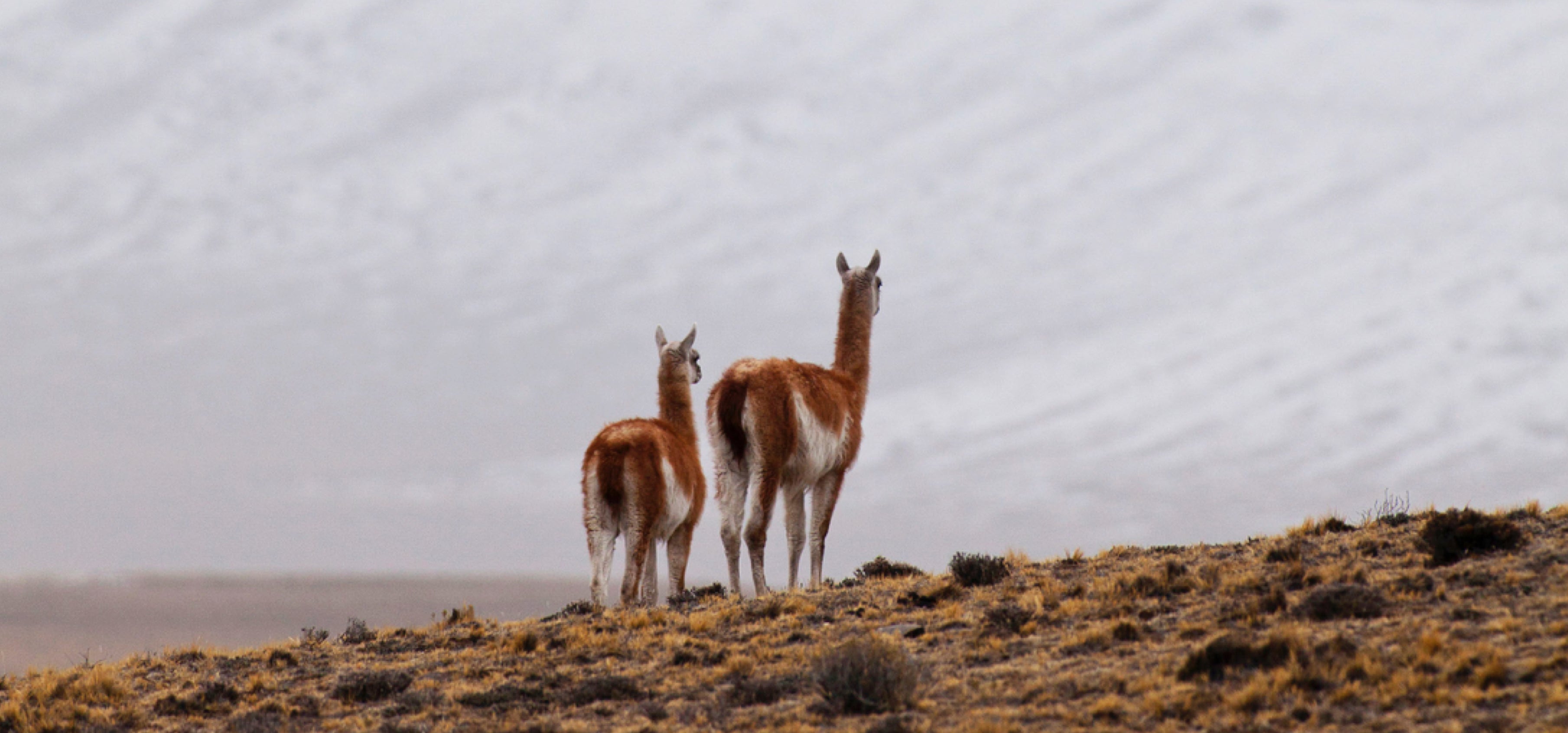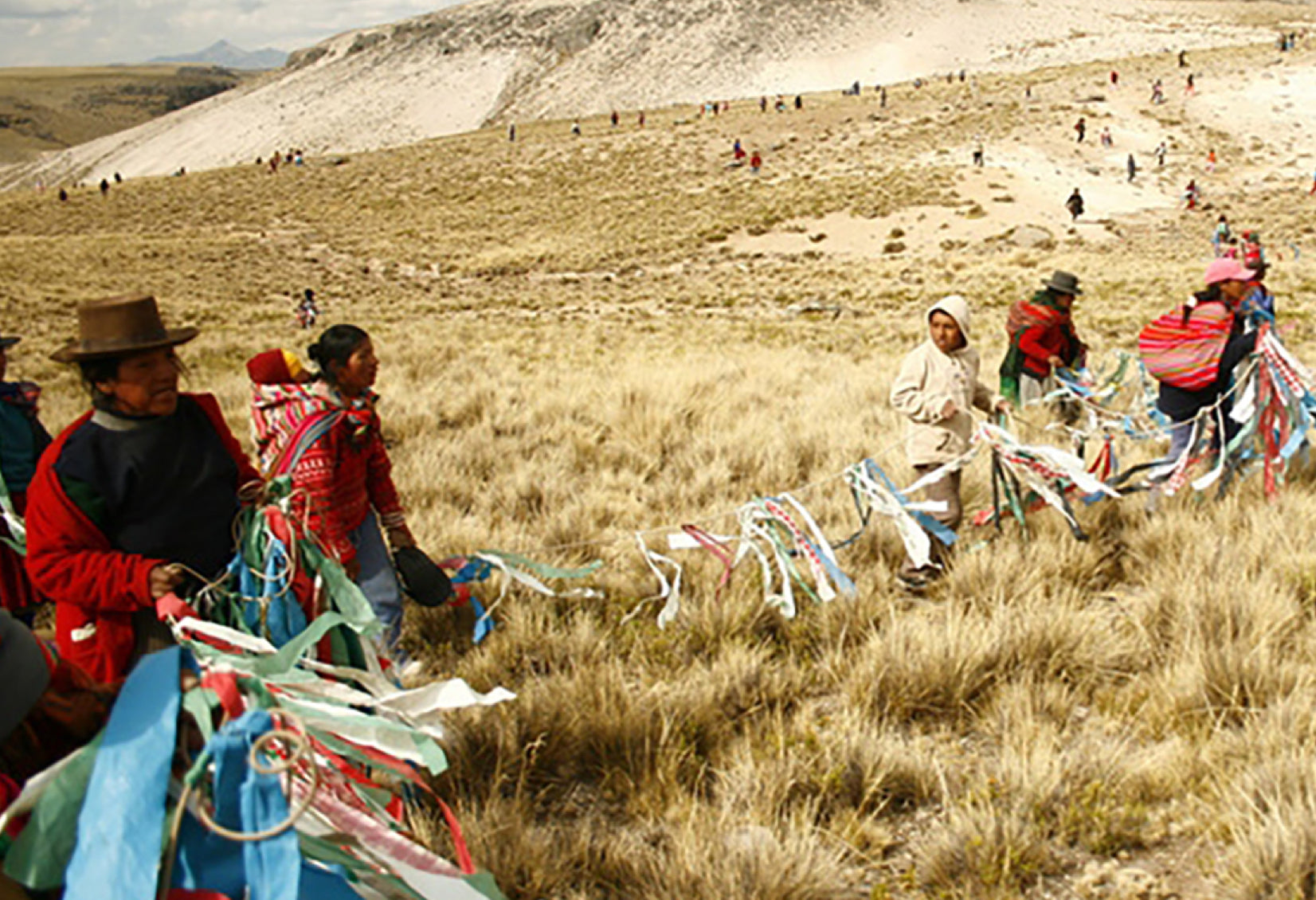Gifting has never been easier
Perfect if you're short on time or are unable to deliver your gift yourself. Enter your message and select when to send it.
Story by Diana Keeler / Photography courtesy of Animaná

Animaná founder Adriana Marina began her company with the goal of making positive changes in sustainability and social development within the fashion industry, and works with local artisans in Patagonia and the Andes to create high-quality baby alpaca fibers for heirloom products meant to last for generations. Munkh founder Bayarmaa works in a parallel manner with Mongolian goat herders who produce some of the world’s finest fibers from sustainable goat cashmere.

Adriana Marina, the founder of Animana, was born in Southern Patagonia where the immensity of the landscape contrasts with the Patagonian coasts, plateaus, desert, and the rugged peaks of the Andes.
Changing social norms have forced the fashion and design industries to confront core concerns about its place within a progressive-minded society. “There’s been increasingly more awareness of all these problems over the past few years, including the impact [fashion manufacturing] has on the environment — pollution, contamination of the water, etc.,” says Animaná founder Adriana Marina, who credits that reckoning to the public’s increased access to information.
– Animaná Founder Adriana Marina

With her Buenos Aires-based brand, Marina is working to meet those challenges head on. In the company of like-minded firms like the Mongolian knitwear specialist Munkh, Animana employs local artisans in Patagonia and the Andes, creates a marketplace for high-quality natural fibers, and produces luxurious, heirloom products meant to last for generations — the opposite of the fast-fashion that has until recently been the industry’s preferred mode of operation.
Pictured: Andean artisans weave baby Alpaca wool into luxuriously soft accessories for Animana. The Animana brand was founded on the pillars of respect for native peoples, animals, nature and Andean traditions.

The concern for durable value is evident in the brand’s range for Bloomist, which includes lightweight, super-warm throws knit from baby alpaca wool. “They’re soft, light and warm, perfect for traveling and using all around the house,” Marina says.

"Our company works directly with herders who continue the centuries old tradition of tending domesticated goats." Munkh’s founder and creative director, Bayarmaa,
Pictured: Mongolian nomadic herders shearing cashmere off their goats. These fibers will be spun and woven into soft, light throws for Munkh.
Munkh works in a parallel manner with Mongolian goat herders, who produce what some judge the world’s finest cashmere fibers. Bayarmaa also stressed that her brand’s environmentally responsible initiatives extend into manufacturing and hiring. “Our factory process has a no waste-concept, and our company is involved in several social responsibility initiatives.” Both founders emphasize that their efforts will only intensify as public opinion shifts — creating a powerful momentum. “There is still a lot of work to do, especially in a more systematic approach,” Marina says.
– Adriana Marina
Your Shopping Cart is Empty
Browse our latest collection or check your saved favorites to add more items to your cart.




Manage your profile, track your orders, and enjoy a seamless shopping journey with us.